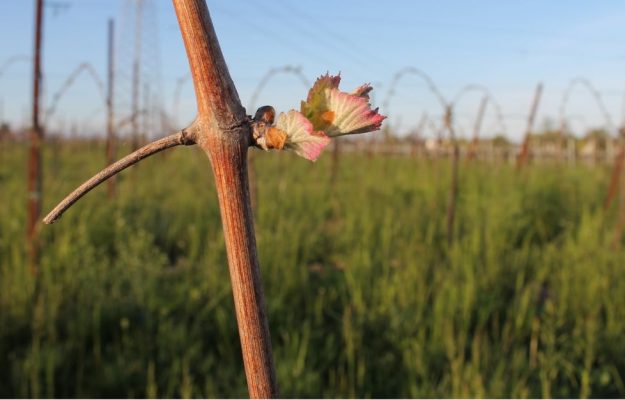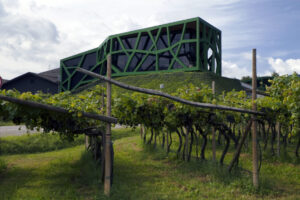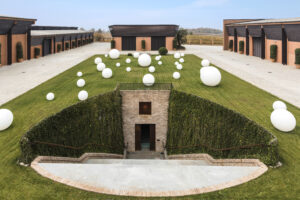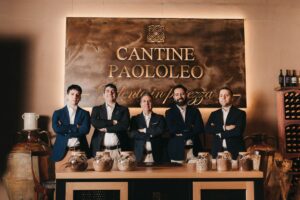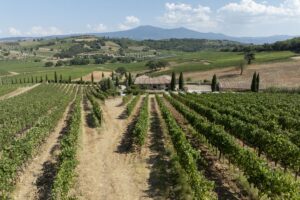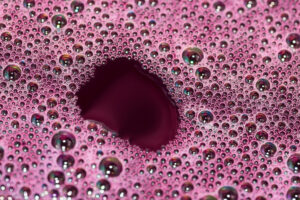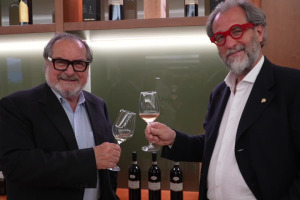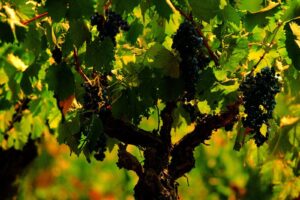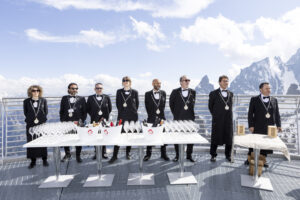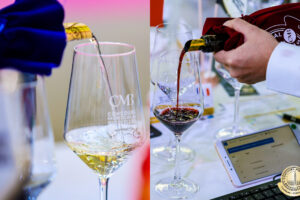In Italy, 36 varieties of PIWI resistant vines are registered in the National Register of vine varieties for wine. Eighteen are red grape and 18 are white grape varieties. The Italian Regions that have authorized cultivating these varieties (partially or entirely) are Abruzzi, the Province of Bolzano, Emilia-Romagna, Friuli Venezia Giulia, Lombardy, Marche, Piedmont, the Province of Trento and Veneto. Furthermore, 165 companies market wines made from grapes of these varieties, making a total of 290 wines, while the estimated surface area reaches several thousand hectares. In 2022, almost 4 million grafts of PIWI varieties were made in Italy. These numbers were used as the basis to create “PIWI Italia”. Further, the Italian Regional Wine Associations have created a working group to promote products obtained from fungi-resistant vines, as well as to promote the new Italian section of “PIWI International”, the Association that boasts 16 sections around the world.
The working group, made up of producers of wines and vines defined resistant to fungal diseases of the vine, and together with several representatives of the Italian research world, and engaged in selecting this type of grape variety, has laid the first stone of the new organization, «PIWI Italia” which will be part of the International network of “PIWI International », recently at “Vinitaly 2023” in Verona. The aim in creating the Association is to enhance the activities carried out by the Regional groups in Alto Adige, Trentino, Veneto, Friuli Venezia Giulia, Lombardy and Piedmont. It also aims to spread cultivating grape varieties resistant to the main fungal diseases of the vine also in the other Regions, as well as supporting these requests with scientific information, viticultural techniques and economic insights, to underline that these varieties must be taken into consideration to make viticulture more sustainable. The management body of this working group in Italy will include two representatives from each Region, or Autonomous Province, to which anyone who is interested in following and keeping up-to-date on the viticulture and oenology of PIWI vines is invited to join.
"PIWI International", based in Wädenswill, is an International working group to promote fungus-resistant grape varieties, founded in Switzerland in 1999 upon the initiative of Pierre Basler. In June 2000, the abbreviation PIWI appeared for the first time, after the designation “International Working Group to Promote Fungus-Resistant Grape Varieties”, and Mathias Wolff founded “PIWI-International”. In October 2004, the word and trademark PIWI was presented to be entered in the trademark register, and consequently registered in 2015. The objectives of “PIWI International” are to exchange scientific knowledge and practices in the field of fungus resistant grape varieties Nationwide and internationally, make suggestions, and support and encourage professionals working with these varieties, utilizing an information network, Regional conferences or working groups that mainly address the practice of viticulture, oenology, consultancy and research. Numerous fungus-resistant vines have been selected and registered in the National Registers and several vines have also been selected on an experimental basis only. Winemakers absolutely need to obtain full information regarding these grape varieties. And, this includes detailed descriptions of their characteristics, instructions for optimal winemaking, tastings, discussion of marketing questions and information for consumers.
Copyright © 2000/2025
Contatti: info@winenews.it
Seguici anche su Twitter: @WineNewsIt
Seguici anche su Facebook: @winenewsit
Questo articolo è tratto dall'archivio di WineNews - Tutti i diritti riservati - Copyright © 2000/2025










